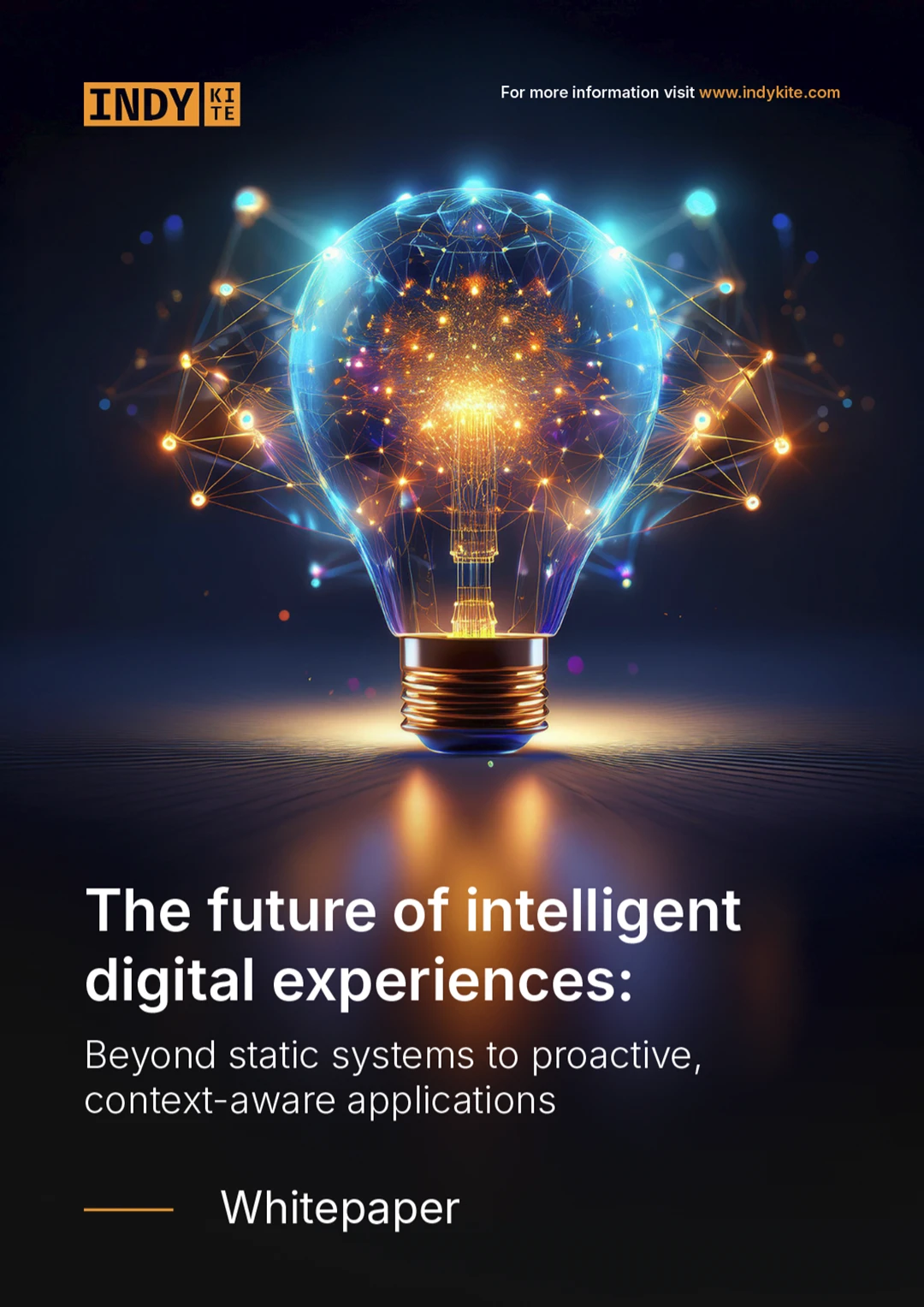The latest Cisco survey shows that 81% of businesses are not ready for artificial intelligence (AI) as they face siloed or fragmented data.
The struggle is real to connect data across the organization to create a unified data view of customers, partners, applications and systems. But without this step, AI projects remain out of reach.
Identity data is at the heart of this fragmentation challenge.
Identity data is crucial to securing systems, devices and people. It’s the first touch with a customer and one of the most important drivers of customer experience, intelligent decisions and product and service enhancement.
Identity data includes human identities, machine identities, accounts (authentication), access policies, resources, entitlements and access events. The CIAM world expands the collection of data to include things like consent, preferences, relationships and behavioral data.
Due to security and privacy concerns, identity data has traditionally been kept separate from business data. This has led to data silos and fragmentation between IAM systems and other business systems such as CRMs, MDMs, ERPs and product and transaction data.

Aligning and unifying identity and business data has never been more important for the success of an organization in the current market landscape. The rise of machine learning (ML) and AI is forcing companies to prioritize their data strategies, as correct consistent and well managed data is critical to enabling data-driven projects.
There are a number of challenges to achieving this, such as the lack interoperability and data management tooling within traditional Identity and Access Management (IAM), as well as having no way to protect identity data once it leaves the IAM system to connect it to business data.
This is where connected data models can provide great impact and value. With a connected data model, you can reference and ingest all the necessary data from disparate systems to provide a unified view your customer, with all necessary protections in place for sensitive data. You can then use this unified data as the foundation for all your data-driven AI and ML initiatives.
AI can only be as good as the data it’s using. Until data fragmentation is sorted and your data is unified and validated, AI will remain out of reach.
The CISCO survey also found that 61% of businesses say they have just one year to implement their AI strategy before facing negative impact. Getting your data foundation sorted is no longer optional or forward leaning, its mission critical.
IndyKite’s Identity Data Platform is designed to connect unify and validate your data to drive your authorization, analytics and AI.
Want to learn more? Let’s chat.













